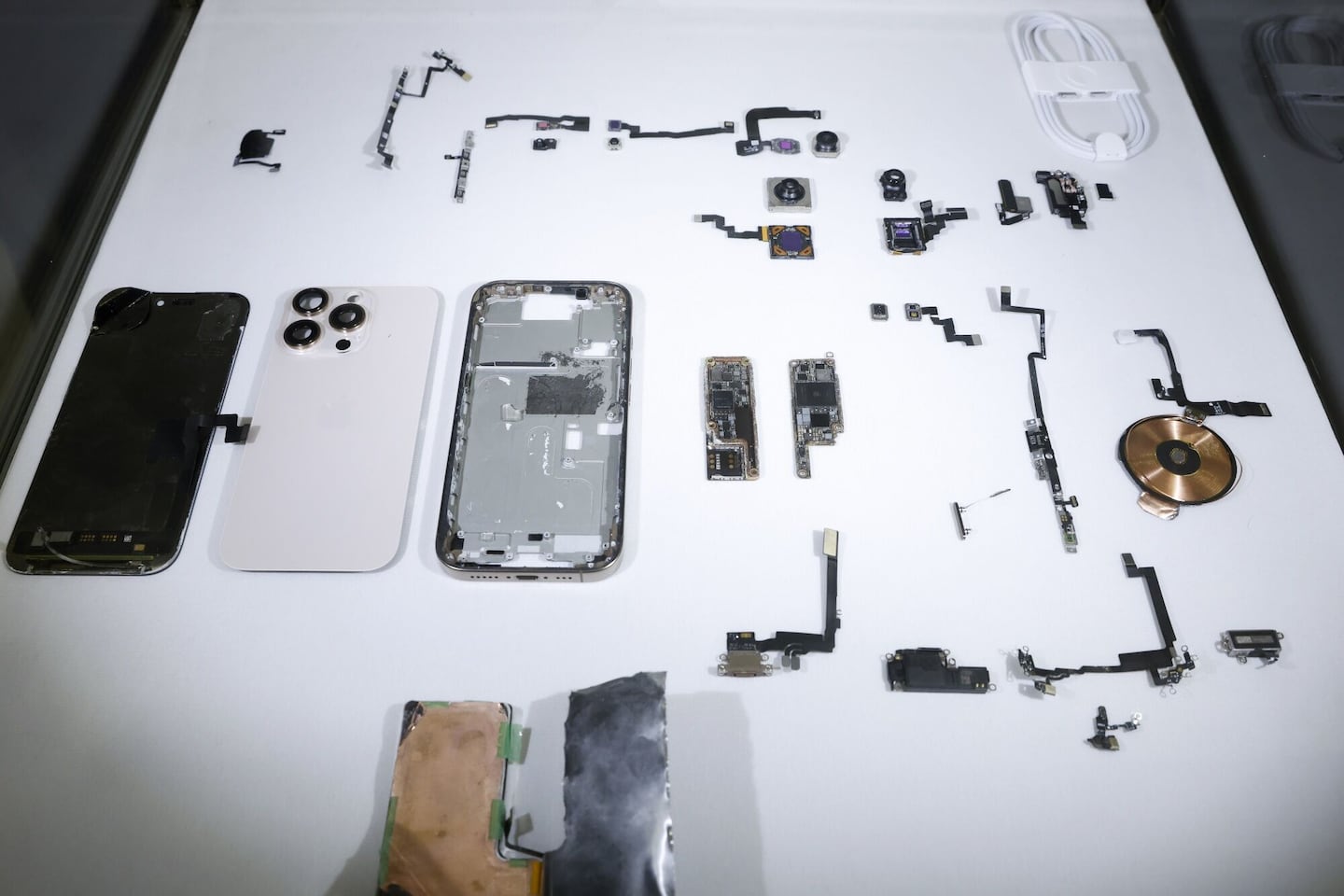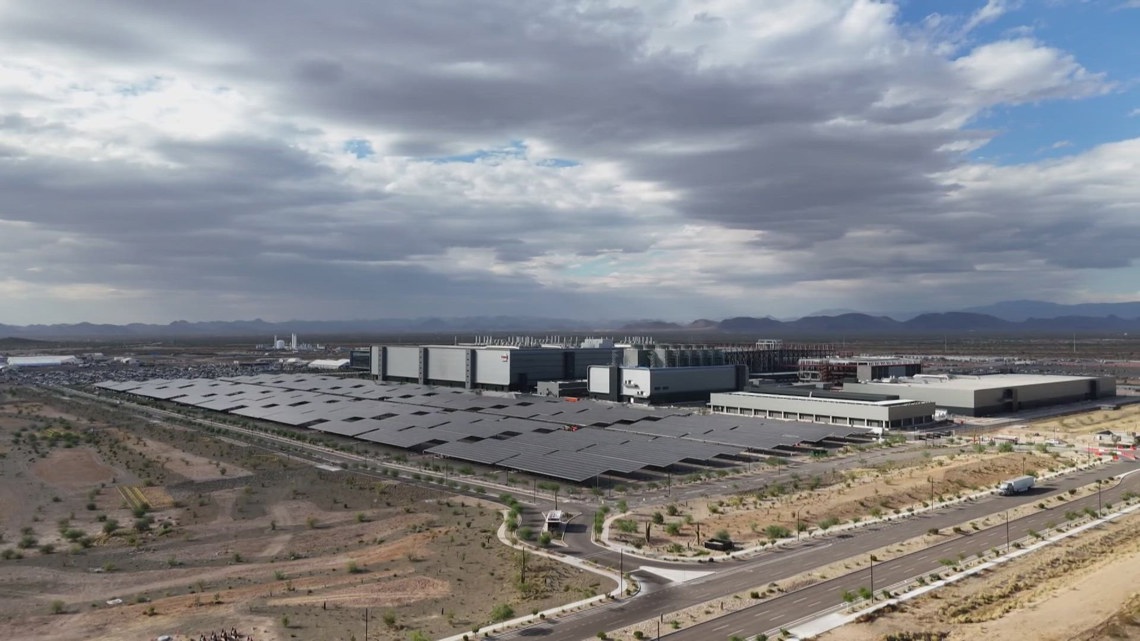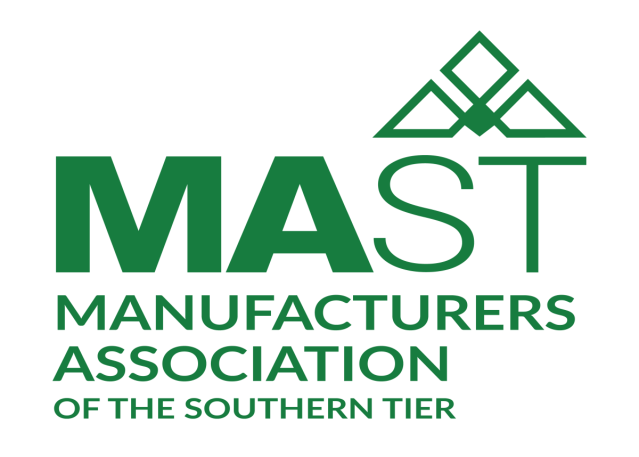Lutnick's Bold Bet: How Tech and Robots Will Spark America's Industrial Comeback
Manufacturing
2025-04-03 22:36:49Content

In a bold vision for the future of American manufacturing, Howard Lutnick predicts a transformative shift towards advanced robotics. He believes that by integrating cutting-edge robotic technologies, U.S. factories can dramatically enhance worker productivity and efficiency. Lutnick suggests that these technological innovations will not replace workers, but instead empower them to perform their jobs with greater precision, speed, and effectiveness.
The implementation of robotics promises to revolutionize the industrial landscape, enabling American workers to focus on more complex and strategic tasks while automated systems handle repetitive and labor-intensive processes. This approach aims to boost overall manufacturing performance, competitiveness, and economic growth in the United States.
Revolutionizing American Manufacturing: The Rise of Robotic Efficiency in Industrial Transformation
In the rapidly evolving landscape of industrial innovation, American manufacturing stands at a critical crossroads where technological advancement and workforce dynamics are dramatically reshaping traditional production paradigms. The integration of cutting-edge robotics promises to redefine productivity, efficiency, and economic competitiveness in ways that challenge conventional understanding of industrial labor.Transforming Factories: Where Human Potential Meets Technological Precision
The Technological Revolution in Manufacturing
The contemporary manufacturing ecosystem is experiencing an unprecedented metamorphosis driven by robotic technologies. Unlike previous industrial revolutions, today's technological integration represents a nuanced symbiosis between human expertise and mechanical precision. Sophisticated robotic systems are not merely replacing workers but augmenting their capabilities, creating a more dynamic and adaptive workplace environment. Manufacturers across the United States are strategically deploying advanced robotics to optimize production processes, reduce operational costs, and enhance overall workplace efficiency. These intelligent machines can perform repetitive tasks with unparalleled accuracy, freeing human workers to focus on more complex, creative, and strategic responsibilities that require emotional intelligence and critical thinking.Economic Implications of Robotic Integration
The widespread adoption of robotics in manufacturing represents a profound economic transformation. By implementing sophisticated automated systems, companies can significantly reduce production time, minimize human error, and create more consistent output quality. This technological shift is not about eliminating jobs but reimagining workforce roles and creating opportunities for higher-skilled employment. Economic analysts predict that robotic integration will generate new job categories focused on robot maintenance, programming, and system optimization. Workers who adapt and acquire complementary technological skills will find themselves at the forefront of this industrial revolution, positioned to leverage these advanced technological platforms.Workforce Development and Skill Adaptation
As robotic technologies become increasingly sophisticated, workforce training and education must evolve correspondingly. Educational institutions and corporate training programs are developing comprehensive curricula that prepare workers to collaborate effectively with advanced robotic systems. This approach emphasizes technological literacy, adaptability, and continuous learning. The future of manufacturing demands professionals who can seamlessly interact with and manage complex robotic infrastructures. Technical skills in programming, system integration, and machine learning are becoming as crucial as traditional manufacturing expertise. Companies are investing heavily in upskilling programs to ensure their workforce remains competitive in this technologically driven landscape.Ethical and Social Considerations
The integration of robotics into manufacturing raises critical ethical questions about workforce displacement and societal adaptation. While technological advancement promises increased efficiency, it simultaneously challenges existing employment models. Policymakers, industry leaders, and educational institutions must collaborate to create supportive frameworks that balance technological progress with social welfare. Responsible implementation of robotic technologies requires a holistic approach that considers human dignity, economic stability, and long-term societal implications. The goal is not to replace human workers but to create an ecosystem where technology amplifies human potential and creates more meaningful, engaging work opportunities.Global Competitiveness and Innovation
American manufacturers are positioning themselves at the global technological forefront by embracing robotic innovations. This strategic approach enables domestic industries to compete effectively in an increasingly complex international marketplace. By investing in advanced robotic technologies, U.S. manufacturers can maintain their competitive edge, drive innovation, and establish new benchmarks in industrial productivity. The ongoing technological transformation represents more than a mere industrial upgrade—it signifies a fundamental reimagining of how human creativity and mechanical precision can collaborate to achieve unprecedented levels of efficiency and innovation.RELATED NEWS
Manufacturing

Woodworking Revolution: How INDIAWOOD's 25-Year Journey Reshaped Manufacturing Landscapes
2025-03-04 10:25:00
Manufacturing

Manufacturing's Pulse: What the ISM Report Reveals About March's Industrial Landscape
2025-04-01 19:46:31
Manufacturing

Tariff Tango: Can Trump's Trade Gambit Revive America's Industrial Heartland?
2025-04-17 07:00:00





